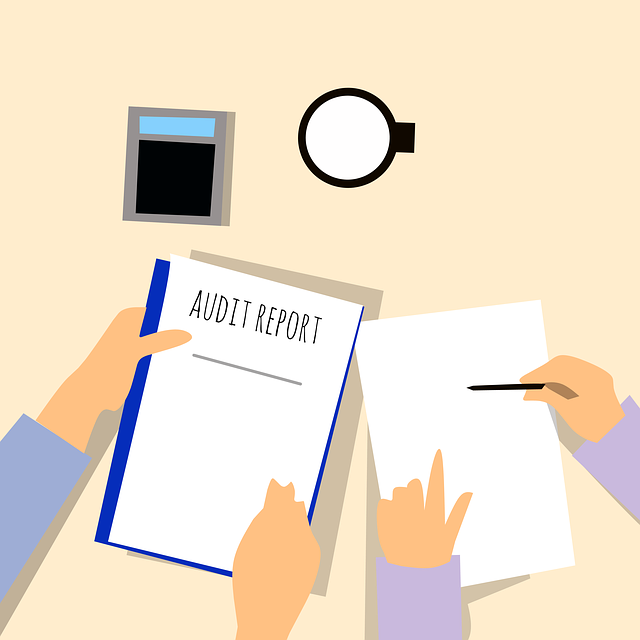It might seem like a no-brainer to define just exactly what profit and loss are. But of course, these have definitions like everything else. Profit can be called different things, for a start. It’s sometimes called net income or net earnings. Businesses that sell products and services generate profit from the sales of those products or services and from controlling the attendant costs of running the business. Profit can also be referred to as Return on Investment, or ROI. While some definitions limit ROI to profit on investments in such securities as stocks or bonds, many companies use this term to refer to short-term and long-term business results. Profit is also sometimes called taxable income.
It’s the job of the accounting and finance professionals to assess the profits and losses of a company. They have to know what created both and what the results of both sides of the business equation are. They determine what the net worth of a company is. Net worth is the resulting dollar amount from deducting a company’s liabilities from its assets. In a privately held company, this is also called owner’s equity, since anything that’s left over after all the bills are paid, to put it simply, belongs to the owners. In a publicly held company, this profit is returned to the shareholders in the form of dividends. In other words, all liabilities have the first claim on any money the company makes. Anything that’s left over is profit. It’s not derived from one element or another. Net worth is determined after all the liabilities are deducted from all the assets, including cash and property.
Showing a profit, or a positive figure on the balance sheet, is of course the aim of every business. It’s what our economy and society are built on. It doesn’t always work out that way. Economic trends and consumer behaviors change and it’s not always possible to predict these and what income they’ll have on a company’s performance.
At Peavy and Associates PC our mission is to assist you with all your tax preparations, payroll and accounting needs. We provide our clients with professional, personalized accounting services and guidance in a wide range of financial and business needs. Give us a call today and discover why our clients return to Peavy and Associates, PC year after year!











